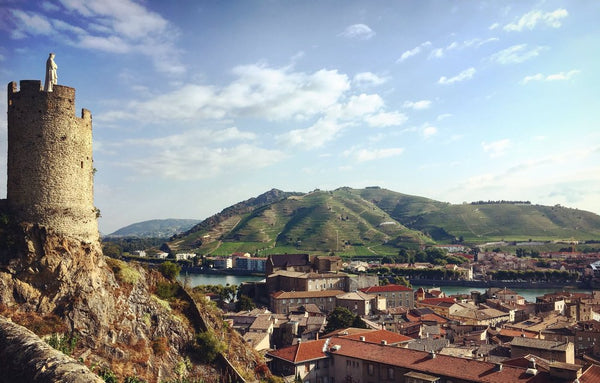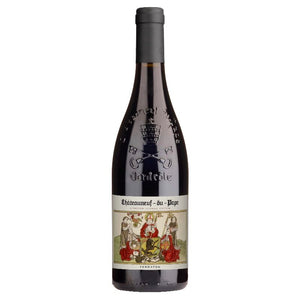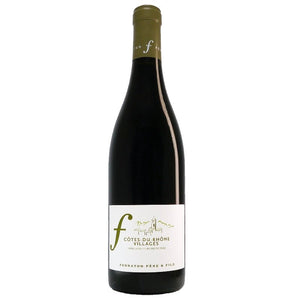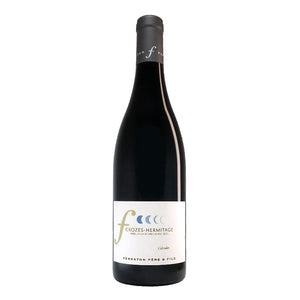
Ferraton Père & Fils
Jean Orëns Ferraton, the son of a winegrower and a winegrower himself, founded Ferraton Père et Fils in 1946 modestly, buying a 0,3 hectare vineyard in the Hermitage and planting vines there. The farm's Hermitage is still produced from these vines growing on the plot of Les Diogniers. Michel, who inherited his passion for wines in his father's footsteps, decided in the 1960s to expand his father's business, and acquired more barns on his homestead by, among other things, taking over the De Boissieu farm. In 1998, the nurseries were first managed with organic, and later with biodynamic methods. Since 2000, all of the farm's own vineyards have been managed with biodynamic methods, and the starting point of the winery is to respect the land and nature as a whole. The Ferratons received support for the conversion and internalizing the new operating methods from their close family friend, Michel Chapoutier. As a result of the cooperation, the farm's Selections Parcelaires wines are made using biodynamic methods. The cooperation agreement with Chapoutier kept Ferraton's farm independent, but strongly supported by Chapoutier's professional skills and solid position.
Michel's son Samuel Ferraton, who previously worked at Chapoutier, was responsible for the operation of the farm for a long time, but after ending up in a wheelchair in 2002 as a result of a serious motorcycle accident, Samuel had to reduce his driving responsibility for running the farm. When Michel was already too old to take care of the estate by himself, it finally ended up in Chapoutier's possession in 2006. However, the estate's own, independent team is still responsible for Ferraton's orchards and wine production, and since 2005 Damien Brisset has been the chief winemaker. With him, the use of oak in maturing the farm's wines has decreased and the wines have become more refined than before.
In addition to its own 15-hectare vineyards in Hermitage, Crozes-Hermitage and Saint-Joseph, Ferraton works as a négociant, buying grapes from other local growers in Côte-Rôtie, Condrieu, Cornas, Châteauneuf-du-Pape, Côtes du Rhône, Côtes du Rhône Villages Plan from the de Dieu and Tavel areas. The farm is located in Tain l'Hermitage right on the banks of the Rhône river. The farm continues to develop and diversify. In 2011, Ferraton published the lieux-dits series presenting the characteristics of different parcels, while the estate's Tradition series covers classic wines from different sub-regions of the Rhône. During 2017, Ferraton planted 15 hectares of new orchards in the Saint-Péray, Saint-Joseph and Crozes-Hermitage areas, and in 2018 new production facilities were completed right on the banks of the Rhône. As of 2020, the farm has owned up to 25 hectares of biodynamically cultivated orchards, located at an altitude of 200-400 meters above sea level.
All grapes used in winemaking are separated from their stems, and alcoholic fermentation takes place in temperature-controlled, uncoated cement tanks, which are available in different sizes, taking into account the needs of each plot's yield. Malolactic fermentation of red wines takes place in oak barrels, so that the aromas and structure of the oak are better integrated into the wine. In the cellars of the farm, you can find both traditional 225-liter and 600-liter demi muid -barrels typical of the region.
The farm's annual production is around 500,000 bottles.





